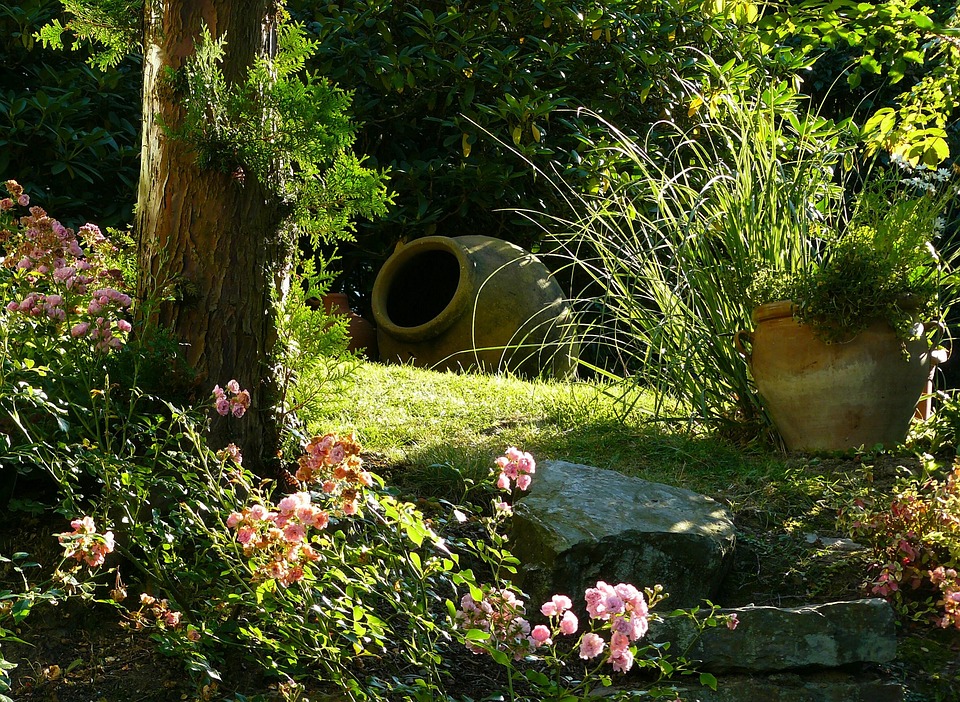All Categories
Featured
Table of Contents
Embracing Diversity: Growing Organic Flowers from Around the World
When it comes to organic gardening, most people focus on growing fruits and vegetables. However, the beauty and diversity of flowers should not be overlooked. Embracing the world of organic flowers can bring color, fragrance, and even therapeutic benefits to your garden.
One of the joys of organic flower gardening is the wide range of species and varieties available from around the world. From the delicate cherry blossoms of Japan to the vibrant tulips of the Netherlands, each flower carries its own unique story and cultural significance.
By growing organic flowers from different regions, you can create a stunning display that showcases the rich tapestry of global floral diversity. Consider planting African marigolds for their vibrant orange hues or English lavender for their calming fragrance. Mexican sunflowers, with their cheerful yellow petals, can add a touch of sunshine to your garden.
When growing organic flowers from different parts of the world, it's important to research their specific growing requirements. Some may prefer sunnier spots, while others thrive in shaded areas. Understanding each flower's needs will help you create the optimal growing conditions for a successful garden.
Additionally, organic flower gardening provides an opportunity to support local environments by attracting beneficial pollinators. Bees, butterflies, and hummingbirds are essential for the pollination process, and by cultivating a diverse range of flowers, you can create a vibrant ecosystem that supports these important creatures.
So, why limit your organic garden to just fruits and vegetables? Embrace the diversity of flowers from around the world, and let their beauty brighten up your space while nurturing the environment.
Recommended Products:

The Benefits of Companion Planting in Organic Gardening
Companion planting is a technique that involves planting different crops together to maximize their growth potential and deter pests. This practice has been used for centuries in organic gardening and offers numerous benefits.
One of the main advantages of companion planting is pest control. Certain plants have natural repellent properties that can help protect neighboring crops from harmful insects. For example, planting marigolds with tomatoes can repel nematodes and aphids, while planting basil with tomatoes can deter tomato hornworms.
Companion planting also improves soil health and nutrient availability. Some plants have the ability to fix nitrogen in the soil, which benefits neighboring crops that require high nitrogen levels. For instance, planting legumes, such as peas or beans, with leafy greens can enhance their growth and leaf production.
Furthermore, companion planting can attract beneficial insects, such as bees and butterflies, which are essential for pollination. By creating a diverse garden ecosystem, organic gardeners can ensure a healthy and abundant harvest.
In addition, companion planting can enhance the flavors of certain crops. For example, planting carrots with onions can improve the taste of both vegetables. This practice is often used in organic herb gardening, where herbs like basil and thyme are planted alongside vegetables to enhance their flavor profiles.
Overall, companion planting is a powerful organic gardening technique that offers a range of benefits. By harnessing the power of plant partnerships, gardeners can create a thriving and sustainable garden ecosystem.
Recommended Reading:

Exploring Aquaponics: Merging Fish Farming and Organic Gardening
Aquaponics is a sustainable and innovative system that combines aquaculture (fish farming) with hydroponics (the cultivation of plants in water without soil). This unique merging of two agricultural practices allows for the creation of a self-sufficient and highly productive ecosystem. In an aquaponics system, fish waste provides the nutrients necessary for plant growth, while the plants purify the water for the fish. It's a mutually beneficial relationship that mimics the natural balance found in ecosystems.
One of the key advantages of aquaponics is its efficiency in water usage. Compared to traditional soil-based gardening, aquaponics uses significantly less water, as the water in the system is recirculated and reused. Additionally, the closed-loop system reduces the need for synthetic fertilizers and pesticides, making it an ideal choice for organic gardening.
Aquaponics systems can be set up in various scales, from small-scale home systems to large commercial operations. The versatility of aquaponics makes it applicable in both urban and rural settings, offering a sustainable solution for food production in areas with limited access to arable land.
Furthermore, aquaponics offers a unique opportunity to grow a wide variety of crops, including leafy greens, herbs, and even fruits. The nutrient-rich water provides an optimal environment for plant growth, resulting in faster growth rates and higher yields compared to traditional gardening methods.
By incorporating aquaponics into your organic garden, you can enjoy the benefits of both fish and plant cultivation. Not only will you be able to harvest fresh and organic produce, but you'll also have the opportunity to introduce a thriving aquatic ecosystem into your home or garden. Embracing aquaponics is a fascinating way to merge the worlds of fish farming and organic gardening, creating a harmonious and sustainable environment.
Helpful Links:
Fruit Gardening: The Role of Pollinators in Organic Gardening

Fruit Gardening The Role of Pollinators in Organic Gardening
More about organic gardening: Another Post
Organic Gardening: Creating Healthy Soil for Your Organic Garden
The Role of Pollinators in Organic Gardening
Copyright © 2023 organic gardening - organic gardening All Rights Reserved.
Latest Posts
Arranging and Verifying Service Visits
Enhance Your Competitive Edge with Superior Marketing Tools
How to Select a Water Damage Restoration Service